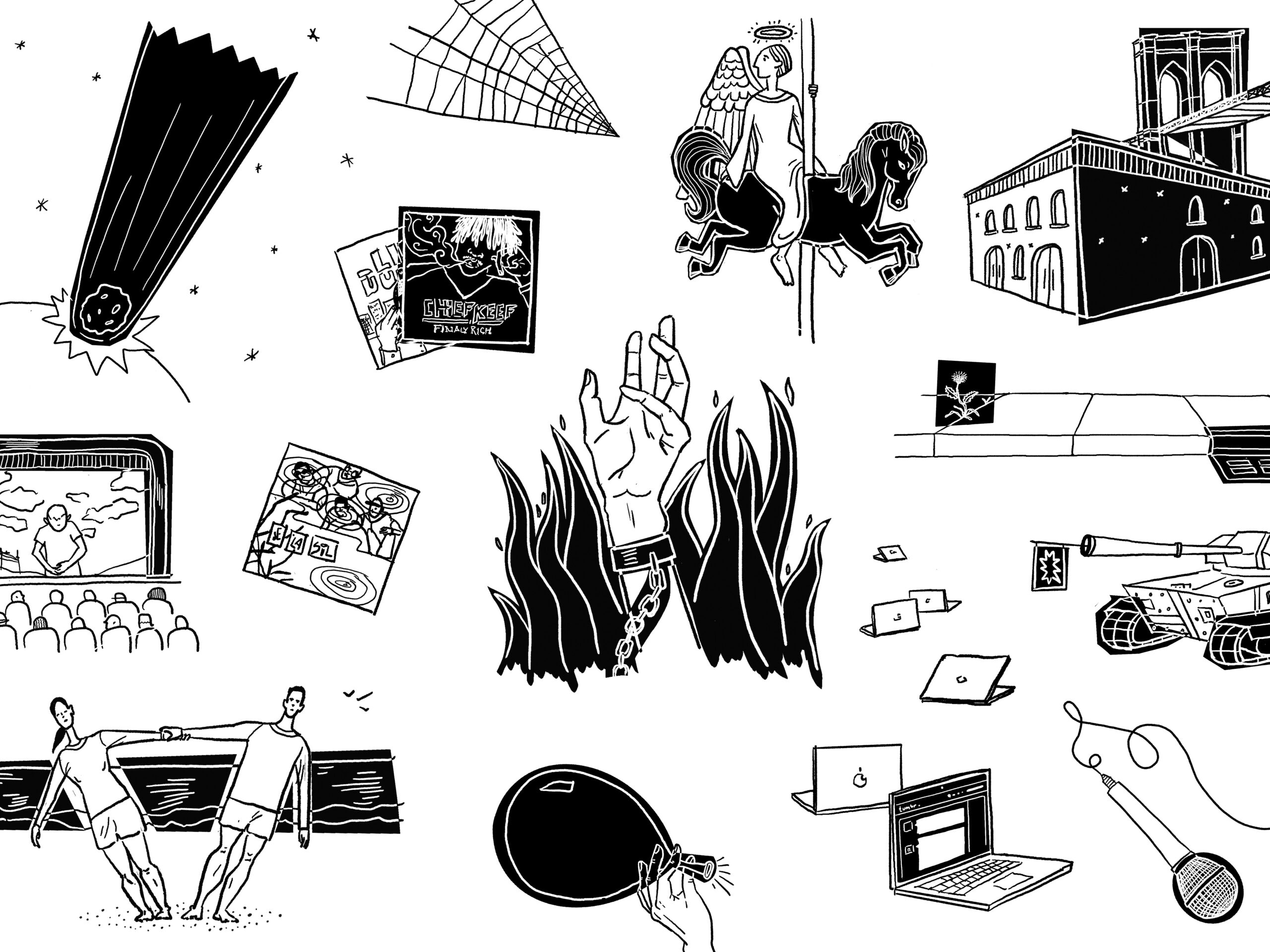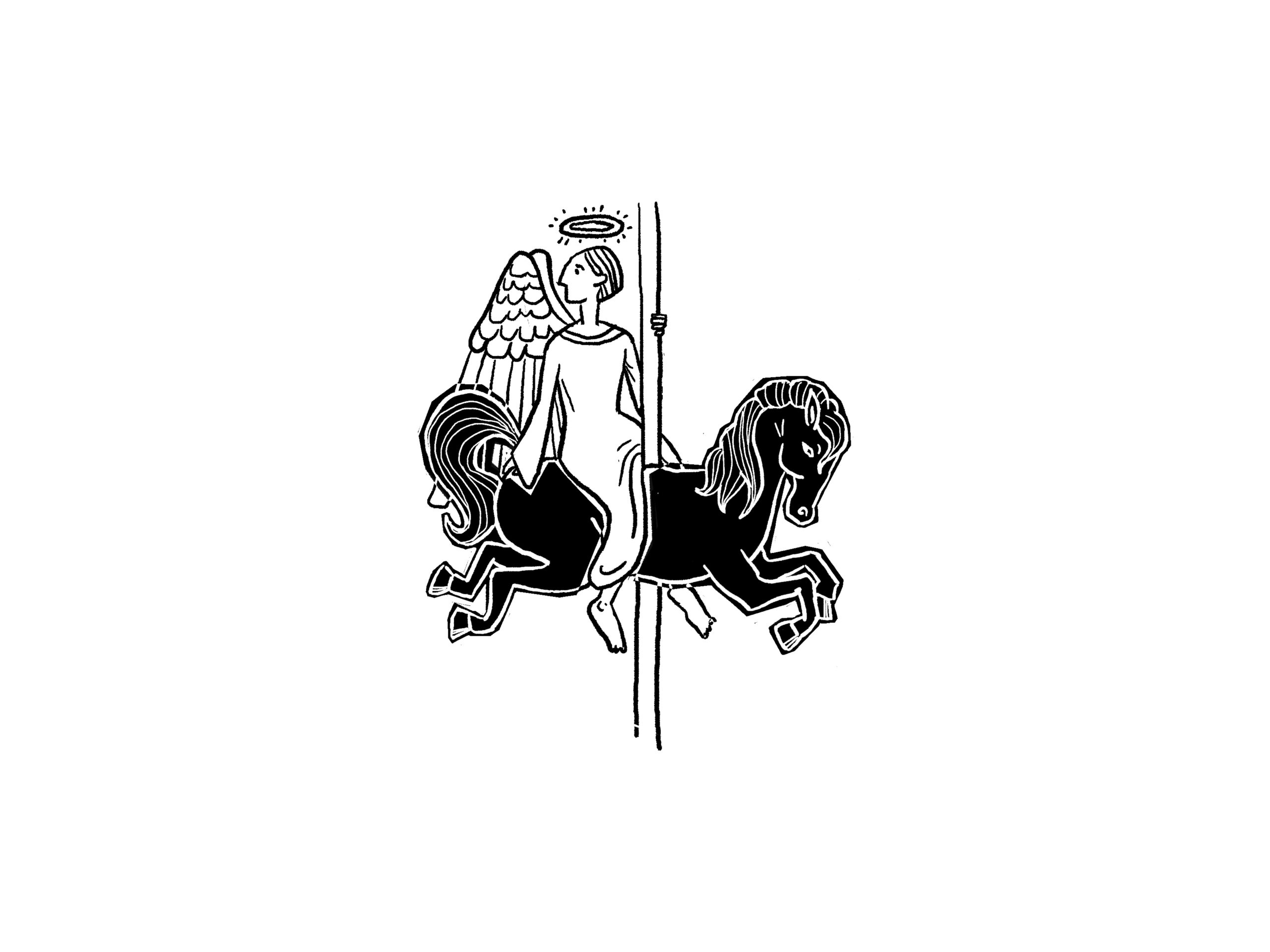Marta Figlerowicz
A Half-Suppressed Strangeness
Marta Figlerowicz
In the fall of 2018, I was invited to chair a panel of distinguished literary translators on my campus. The conversation ran smoothly, circling lovingly around commas, onomatopoeias, and the International Booker Prize for works in translation. Then — inevitably — a belligerent man piped up from the audience to explain that translating foreign literatures into English reinforced the imperial ignorance of Anglophone elites and commodified non-Western literary works by...
Somewhere and Everywhere | Reading Literature in Translation
Marta Figlerowicz
For too long, the American publishing industry has faced inward, bringing English-language writers to English-language readers, and sequestering everything outside the Anglosphere into a single, vague category of “world literature.” In 2007, only three percent of books put out in the U.S. were translations, and this sliver hardly offered a truly global tour: according to a study of translated titles published between 2008 and 2020, 45 percent were originally written...
Publicists, Manifesto Pushers, Propagandists | What Happened to the Avant-Garde?
Marta Figlerowicz
It’s commonplace to note that sociopolitical upheaval and artistic experimentation often flourish side by side. But today — despite an alleged “polycrisis” — new modes of cultural production don’t seem to be emerging. Three years after the start of the Covid-19 pandemic and the subsequent George Floyd rebellion, the arts seem stagnant and stubbornly centralized: franchise fare dominates at the box office; literary output is hampered by monopolized publishers; even...
History Is a Merry-Go-Round
Marta Figlerowicz
One cannot think about the avant-garde without committing oneself to a theory of history. The term “avant-garde” was first applied to art in the early nineteenth century amid the euphoria of Europe’s accelerating technological and cultural domination over the rest of the globe. It became particularly associated with late nineteenth- and early twentieth-century modernism, when European narratives of historical progress — from both the right and the left — pointed...





